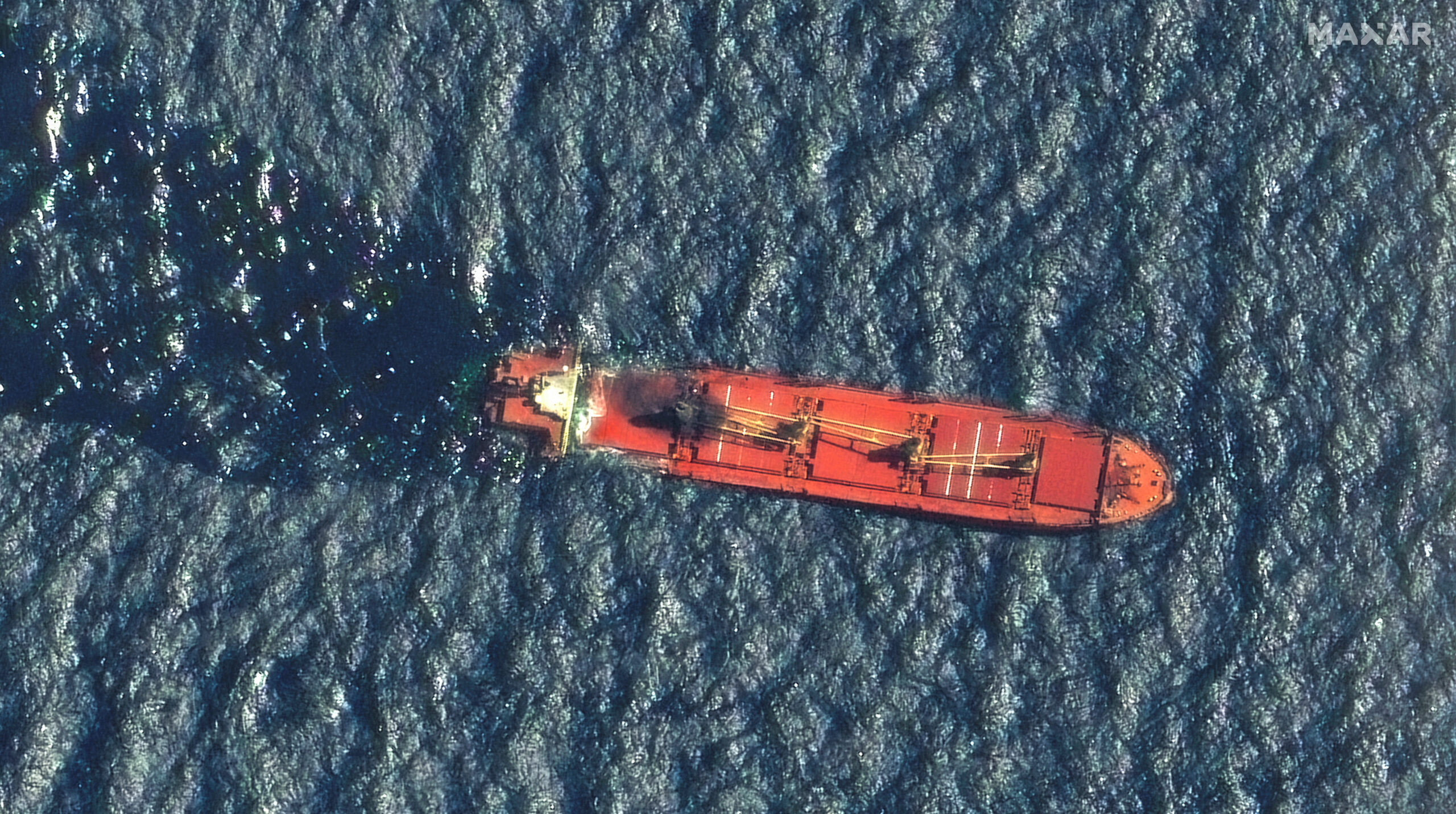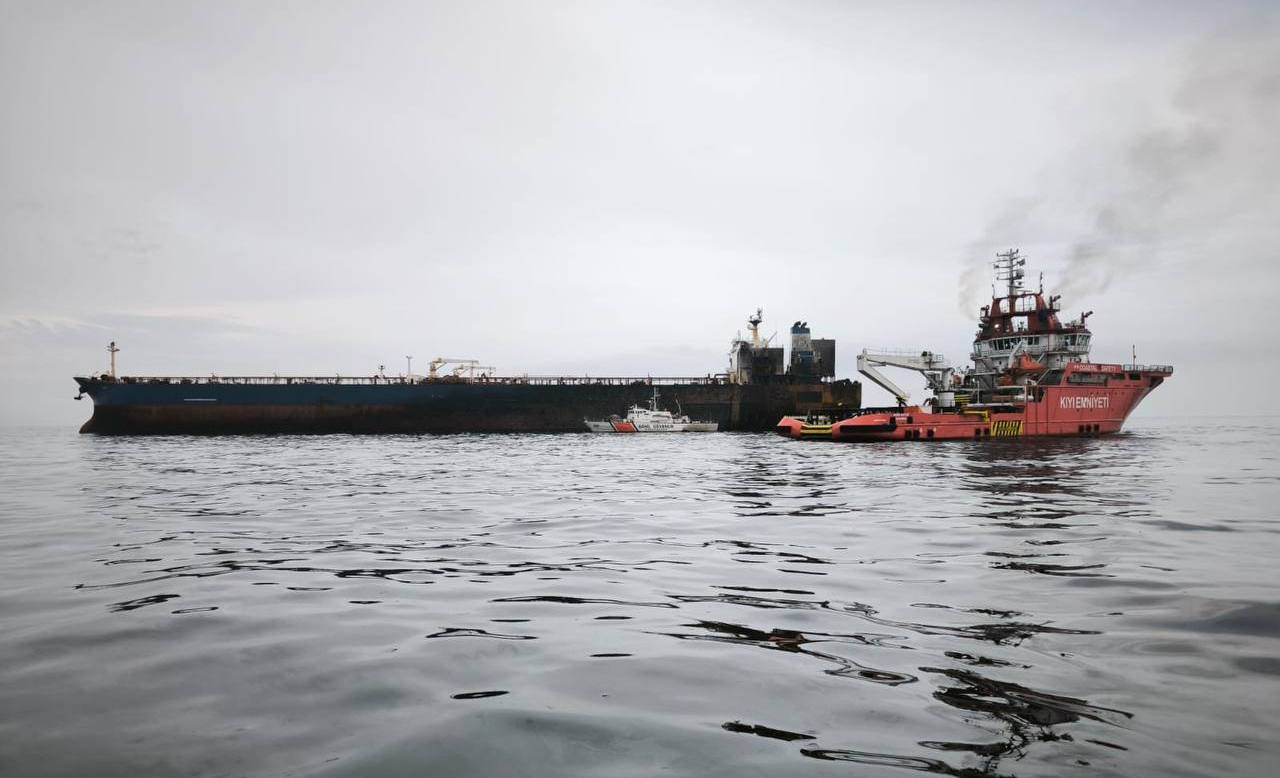INTERCARGO’s latest casualty report reveals a significant improvement in bulk carrier safety over the past decade, though emerging security threats in the Red Sea region have introduced new challenges to the maritime industry.
According to the Bulk Carrier Casualty Report 2025, the industry recorded 20 bulk carrier losses (10,000 dwt and above) between 2015 and 2024, resulting in 89 seafarer fatalities. Groundings emerged as the primary cause of vessel losses at 45%, while cargo liquefaction proved the deadliest threat, accounting for over 60% of fatalities with 55 deaths.
The report highlights a particularly concerning development in 2024, when three bulk carriers – Rubymar, True Confidence, and Tutor – faced attacks in the Red Sea involving missiles, drones, and uncrewed surface vessels. These incidents, which claimed four seafarer lives, represent a marked deterioration in maritime security conditions in the region which continue to persist.
“The dry bulk sector should take pride in the improved safety performance reflected in this year’s report. But the unacceptable attacks on merchant ships in 2024 have reminded us that safety today extends beyond seamanship and regulatory compliance; it is fundamentally about protecting human life.,” said INTERCARGO Chairman John Xylas. “Seafarers must never be placed in harm’s way for simply doing their jobs.”
The positive trends in safety are attributed to several factors, including enhanced ship design, improved crew training, and stronger regulatory frameworks. Current statistics show bulk carrier losses averaging just two per year, with a notable decrease in average fatalities per casualty across successive 10-year periods.
Despite these improvements, INTERCARGO identifies ongoing challenges, particularly regarding improperly declared cargoes and navigational failures. A significant concern is the delayed submission of accident investigation reports by flag States, with average reporting times to the IMO GISIS platform exceeding two years – a delay that hampers the industry’s ability to implement timely safety measures.
With over 12,500 bulk carriers currently in service globally and increasing demand for dry cargo trade, INTERCARGO maintains its commitment to achieving zero loss of life and zero loss of ships. The organization continues to collaborate with industry stakeholders while advocating for enhanced security measures in high-risk regions.

 Join The Club
Join The Club











